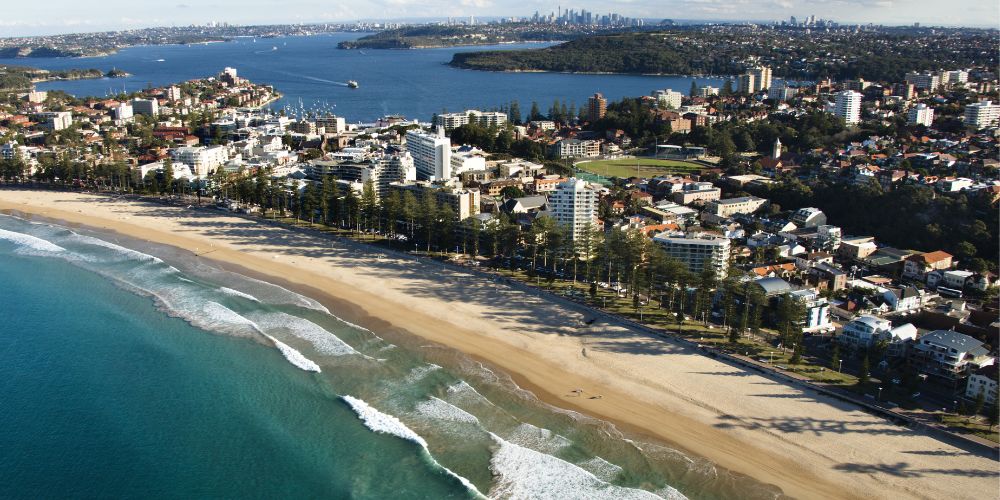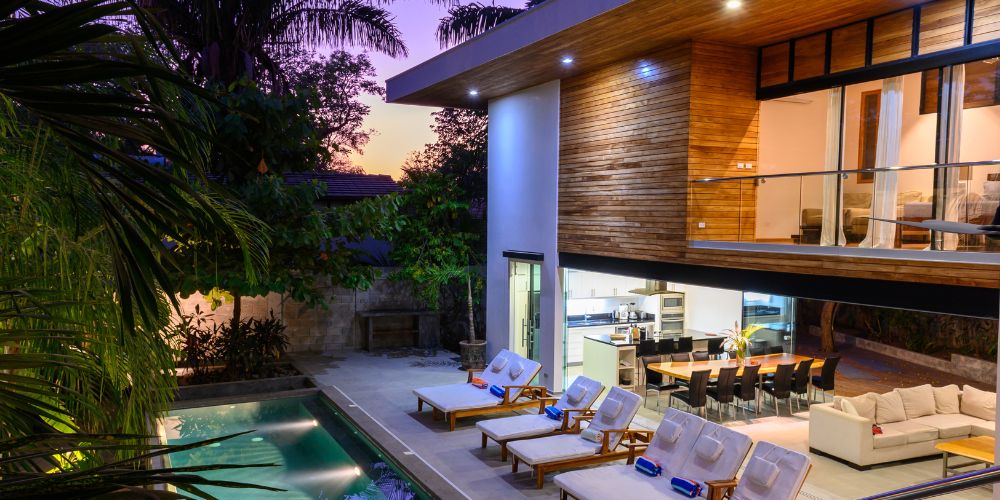Airbnb was once seen as a major disruptor in the hospitality industry. It promised to give travellers an affordable way to experience living in the areas they visited while providing homeowners with a way to monetize their unused living spaces. However, more recently, short-term rentals have started to lose popularity, and several concerning trends have threatened to upend the entire industry, leading many to question: is the Airbnb dream dead?
Is Airbnb Down in 2024?
According to AirDNA, a short-term rental data and analytics company, US AirBnB listings increased by 8.9% between January 2023 and January 2024. The company also reports that demand is expected to increase by 10.7% due to economic growth and domestic travel recovery. However, the demand for short-term rentals can vary drastically depending on the market.
Recently, Airbnb hosts across the country have been complaining about a slump in demand. A study of AirBnB revenue from May 2022 through May 2023 showed that profits from short term rentals had plummeted by more than 40% in cities like Austin, TX, Phoenix, AZ, and Myrtle Beach, SC.
In 2023, Bloomberg also reported that AirBnB revenue per available room dropped by 6.4% in Orlando and the surrounding suburbs, while the area near Joshua Tree National Park in California saw a 17% decrease.
So, while some reports about the future of the AirBnB platform in 2024 are optimistic, others are skeptical whether it remains a realistic business model, even in popular vacation destinations. Skeptics point to a number of impending factors that pose a potential threat to the short-term rental industry.
Factors Impacting the Airbnb Industry

1. Regulatory Issues
Regulatory concerns are one of the biggest existential threats to Airbnb and similar platforms. Local legislators in some popular vacation areas have already passed laws limiting the use of short-term rentals, making Airbnb virtually unfeasible in those places.
New York City was one of the first cities to impose restrictions on Airbnb and other short-term rental apps. Passed in 2023, NYC’s local law 23 now mandates short-term rental owners register with the city if they wish to host someone for less than 30 days. To be approved, hosts must also live in the residence they’re renting, must be present when the guest occupies the home, and can only accommodate up to two guests.
While NYC is the strictest regarding enforcement, other cities have imposed similar restrictions. For instance, short-term rental owners are now required to have a permit in Memphis, TN. San Francisco only permits hosts to rent their homes up to 90 days per year. Hawaii is also considering passing a law that would redefine zoning ordinances to convert short-term rentals into long-term housing for those displaced by the fires in 2023.
Many of these laws are meant to curb an increase in housing prices that threaten to displace native residents, which will inevitably result in short-term rentals becoming more expensive and less flexible.
2. Airbnb Affordability
The rising cost of housing is another trend that threatens the short term rental industry. In the early days of the AirBnB platform, a major draw was that they were cheaper and more convenient than staying in a hotel. However, as interest rates have gone up and the general cost of housing has continued to increased, AirBnB hosts have been forced to raise their rates to cover the overhead. As a result, the affordability advantage that short-term rentals have over hotels has begun to disappear.
UK-based consumer advocate publication Which compared the prices of hotels vs. AirBnB’s in 50 major markets worldwide. Their research determined that a one-bedroom rental on AirBnB was more expensive per night than in 75% of the markets they studied. While Airbnb does offer some advantages to hotels, such as privacy and an authentic travel experience, hotels also offer things like maid service, room service, and concierges. So, for many travelers, the rising prices of short-term rentals make them far less desirable.
3. Neighborhood Disturbances
AirBnB has also started to get a bad rap for rowdy guests who cause disturbances in the neighborhood. Hotels are often contained in commercial districts where noise and other activity is expected. Plus, the presence of front desk staff and security tends to keep things more under control and gives patrons a way to deal with guests who are causing a commotion.
However, the same cannot be said for short term rentals. Your neighbor may be renting out their home as an AirBnB in the middle of a residential neighborhood, while they are away on business or living in a different part of the country. While hosts can establish house rules, they may be difficult to enforce until the guest has already caused a disturbance.
Many people rent Airbnb specifically to throw a party or celebrate a special occasion, which can cause conflict with the neighbors. As a result, many homeowners associations are cracking down on AirBnB’s to protect other residents in the same manner as local governments.
4. Competition from Other Platforms
The rise of competing short-term rental platforms like Vrbo and Booking.com has added pressure to Airbnb’s market share. These platforms offer similar services and have been aggressively expanding their offerings and marketing efforts. Competition is pushing Airbnb to innovate and invest more in user experience, which can strain resources and impact profitability.
5. Economic Factors
The broader economic climate, including inflation and changing consumer spending habits, also impacts the Airbnb industry. Economic downturns typically lead to decreased discretionary spending, including travel and vacations. If potential guests are cutting back on travel expenses, this will directly affect Airbnb bookings. Additionally, fluctuations in currency exchange rates can influence international travel, affecting Airbnb hosts who rely on foreign guests.
What Does the Future Hold for Airbnb Properties?

While it’s unlikely that AirBnB and other short-term rental apps will disappear completely, it is starting to seem like the bubble has burst, and they no longer offer the same appeal as they once did. Even AirBnB seems to acknowledge that the longevity of short-term rentals may be limited.
In its 2024 strategic outlook report, the company expressed plans to mitigate some of the industry’s current challenges, such as offering discounts for extended stays and creating a host services marketplace, in an attempt to improve the platform’s users’ experience.
The days of renting your home or apartment to a steady stream of short-term vacation guests for twice what you could get from a regular tenant may be coming to an end. However, the concept could likely evolve and adapt to a business model that is more sustainable in the long term.




